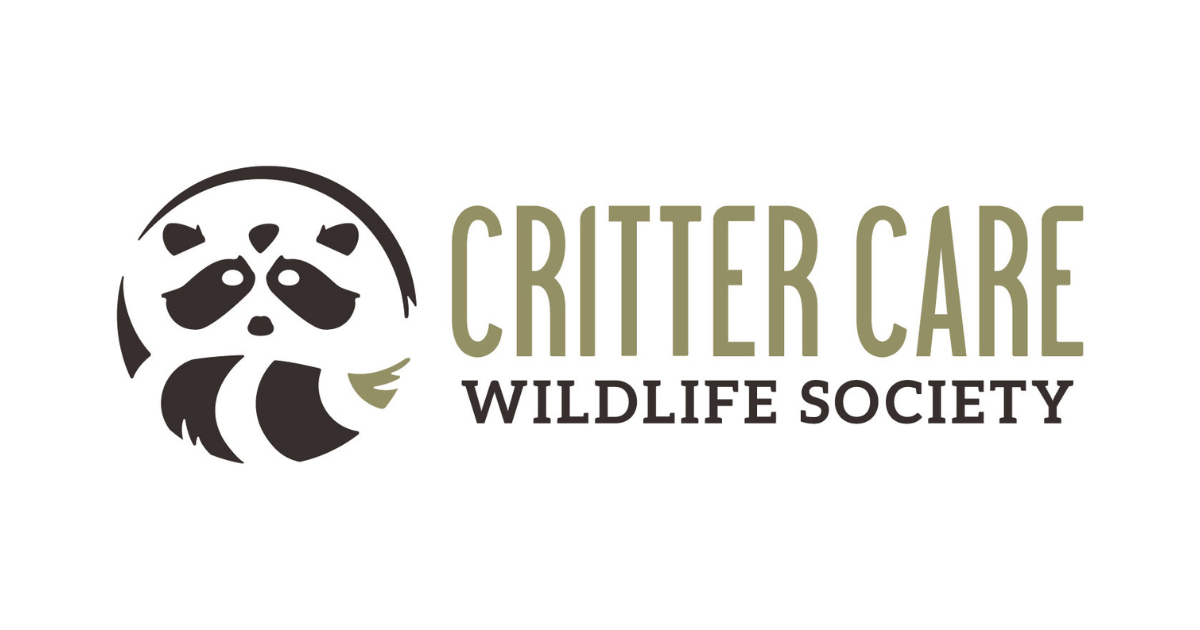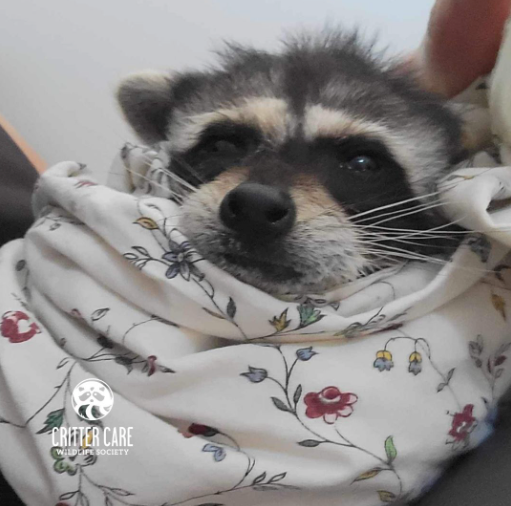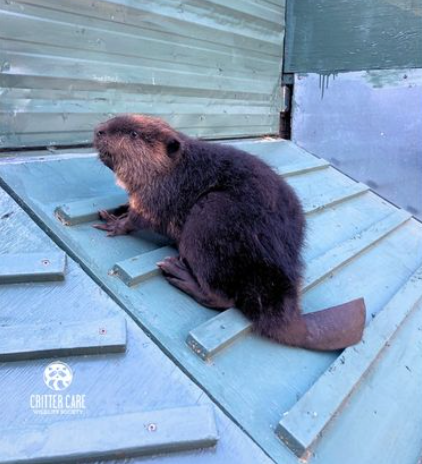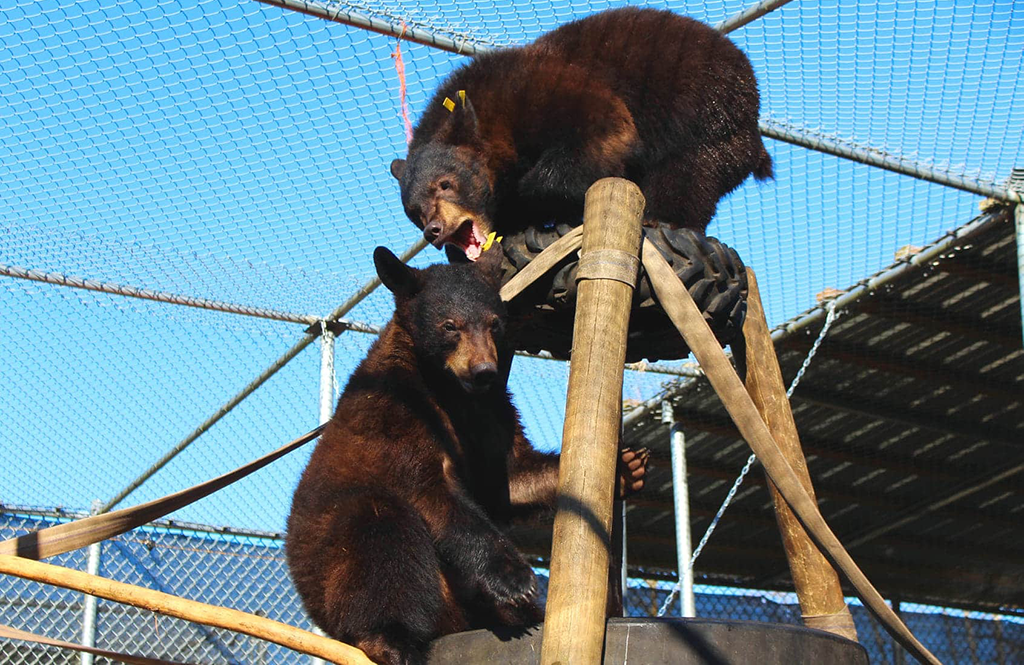Signs to Look Out For:
If you come across a wild animal and suspect it might be injured or orphaned, it's crucial to assess the situation before taking any action. Knowing the signs that indicate a wild animal may need help is essential. This blog post aims to provide you with guidance on when and how to assist wild animals in need.
Signs That a Wild Animal May Require Assistance:
- Contact with a cat or dog: If you notice that the animal has had contact with a domestic pet, it's a sign that immediate attention is necessary.
- Witnessed trauma: If you saw the animal being hit or struck by something, it's a clear indication that it may need help.
- Evidence of bleeding: The presence of bleeding suggests that the animal requires immediate medical assistance.
- Signs of a broken limb: If the animal appears to have a limb injury, it's vital to provide appropriate care and seek professional help.
- Shivering or confusion: If the animal is shivering or seems disoriented, it may be in distress and in need of assistance.
- Nearby deceased parent: If you discover a dead parent nearby, it's likely that the young animal needs help and care.






